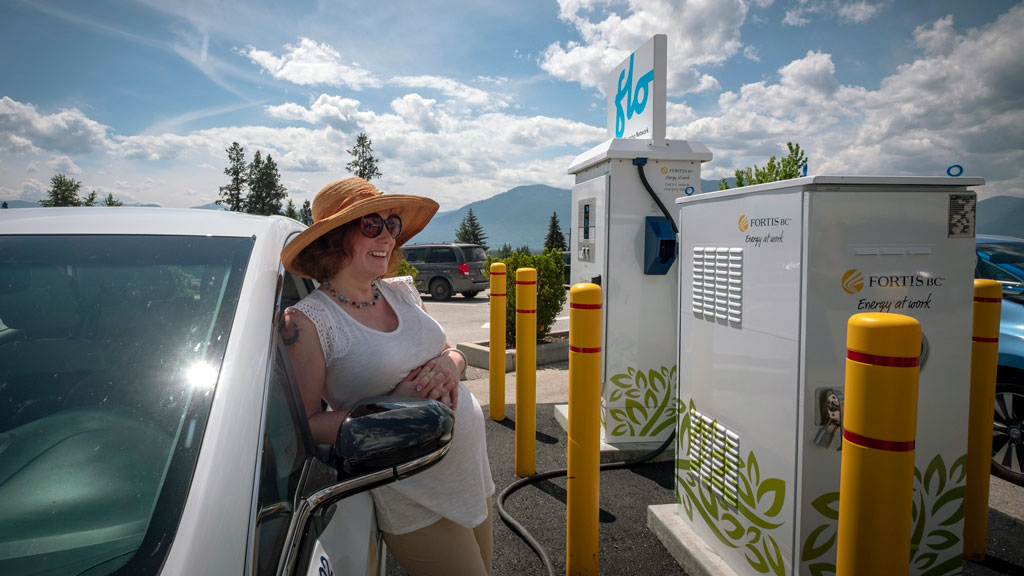OTTAWA — B.C. leads the pack when it comes to energy efficiency, a new scorecard from Efficiency Canada shows.
The Carleton-based research group released its second annual scorecard which benchmarks Canadian provinces across 42 separate metrics, such as energy savings from public utility programs, electric vehicle registrations, building code adoption, and industrial energy management.
The scorecard ranked B.C. first, Saskatchewan last and Prince Edward Island as most improved. It is the second time B.C. has taken the top spot.
According to the report, Alberta and Ontario both saw a large drops in scores compared to the previous year. Alberta significantly reduced program savings and eliminated the Energy Efficiency Alberta agency. Ontario is a traditional leader and ranks fourth overall but is dropping in areas such as electricity savings and electric vehicle registrations.
“The reduction in program budgets and savings in Ontario and Alberta have a significant national impact. If these trends continue, national efficiency and emission reduction goals could be out of reach,” noted James Gaede, the report’s lead author, in a statement.
Quebec is second place and leads in the transportation category of metrics. This year, the province made its first update to energy efficiency standards for large buildings since 1983.
The report noted more needs to be done to reach energy goals.
In 2020, the federal government set a goal to improve average energy intensity by three per cent per year, which is a tripling from current levels. Organizations such as the International Energy Agency and Canada’s Task Force for a Resilient Recovery are calling on provincial officials to increase building retrofits because they could create jobs and improve local economies.
“Most energy saving policies are implemented by the provinces, because they control areas such as public utility regulation and building codes. The scorecard tracks provincial performance and policy initiatives, while aiming to spur healthy competition amongst policymakers,” said Gaede.










Recent Comments
comments for this post are closed